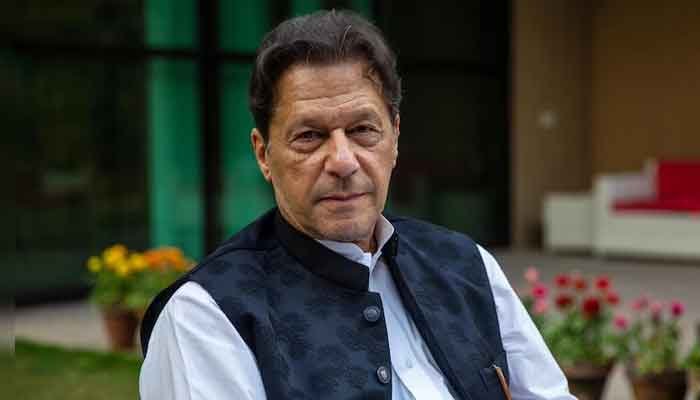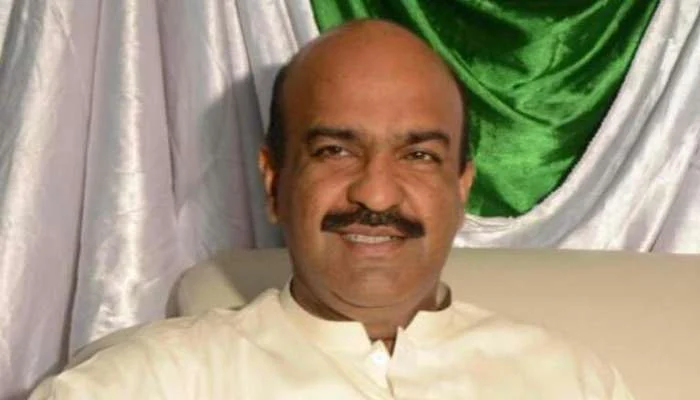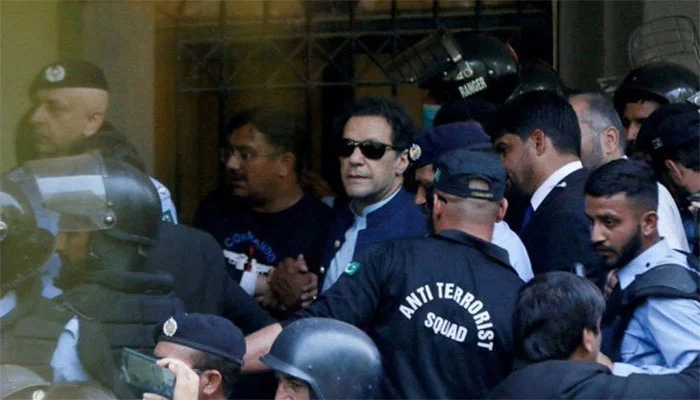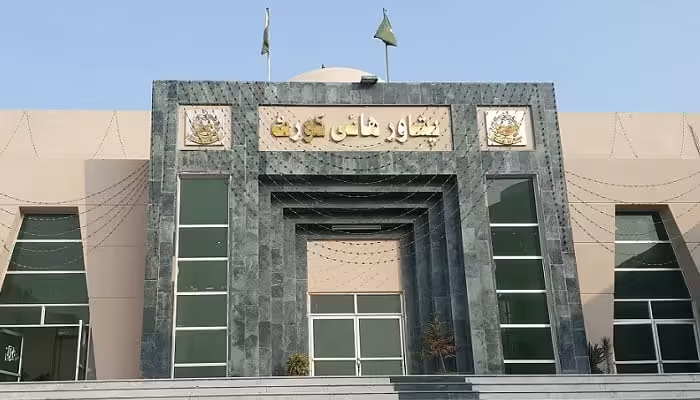Prime Minister Imran Khan of Pakistan, leader of the Pakistan Tehreek-e-Insaf (PTI) party, has filed a request for the formation of a judicial commission to investigate alleged electoral fraud in the 2024 elections. In his petition, Khan proposed the establishment of a judicial commission comprised of serving justices of the Supreme Court to investigate electoral malpractices, conduct an audit of the general elections, and subsequently audit the results.
The petition emphasizes the need for immediate action to halt the functioning of federal and provincial governments in order to facilitate the judicial commission’s investigation. Furthermore, Khan’s request urges for the publication of the commission’s report for public scrutiny.
The backdrop to this request is the inability of any single political party to secure a simple majority to form a government independently in the elections held on February 8, 2024. The Pakistan Muslim League-Nawaz (PML-N) emerged as the frontrunner with 75 seats, followed by the Pakistan Peoples Party (PPP) with 54 seats. Additionally, 101 independent candidates were successful in securing seats.
The call for a judicial commission underscores the gravity of the allegations of electoral fraud and the need for a transparent and impartial investigation. Imran Khan’s initiative reflects his commitment to upholding the democratic process and ensuring electoral integrity in Pakistan.
The formation of a judicial commission, composed of eminent serving justices, signifies an attempt to address concerns of bias or political interference in the investigation process. By entrusting the judiciary with this task, Khan aims to enhance public confidence in the investigation’s credibility and impartiality.
The proposed scope of the commission’s mandate, which includes conducting an audit of the general elections and scrutinizing the subsequent results, indicates a comprehensive approach towards uncovering any irregularities or discrepancies in the electoral process.
The request to suspend the functioning of federal and provincial governments underscores the urgency with which Khan views the need for a thorough investigation. By temporarily halting governance activities, Khan seeks to prioritize the investigation into alleged electoral fraud and ensure that it proceeds without hindrance or influence from incumbent authorities.
The emphasis on making the commission’s report public highlights Khan’s commitment to transparency and accountability. By releasing the findings to the public domain, Khan aims to foster trust in the integrity of the electoral process and demonstrate a commitment to upholding democratic principles.
The outcome of the judicial commission’s investigation will have significant ramifications for Pakistan’s political landscape. Depending on the findings, it could potentially lead to calls for electoral reforms, legal action against those found guilty of electoral malpractices, or even a re-evaluation of the election results.
Imran Khan’s call for the formation of a judicial commission to investigate alleged electoral fraud in the 2024 Pakistani elections underscores the importance of upholding democratic principles and ensuring electoral integrity. By initiating this process, Khan demonstrates a commitment to transparency, accountability, and the rule of law, setting a precedent for fair and impartial investigations into electoral matters.



